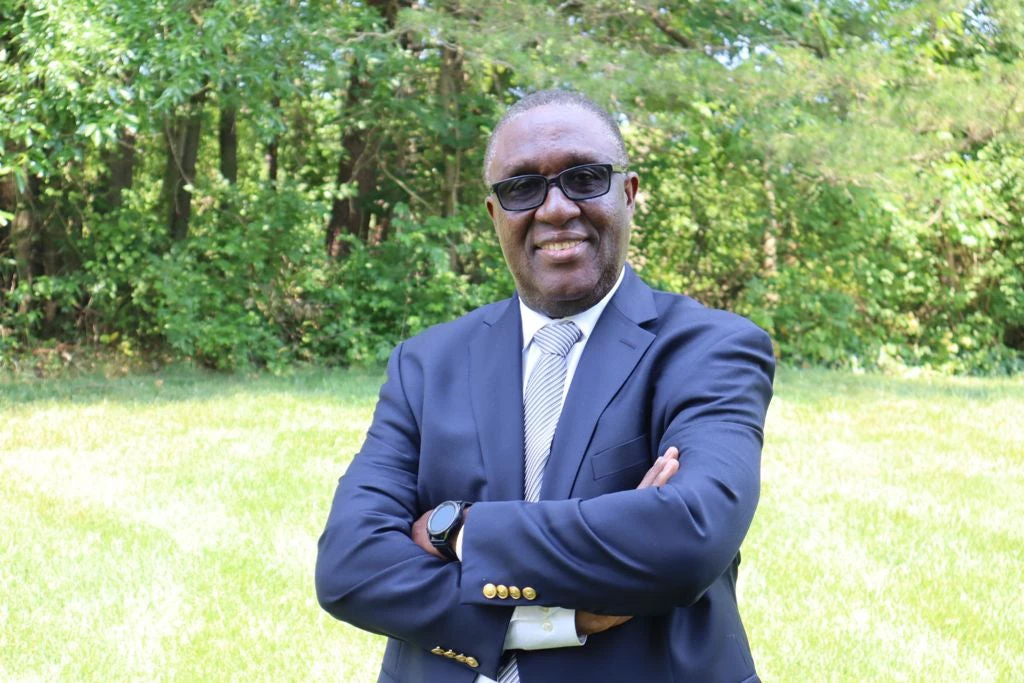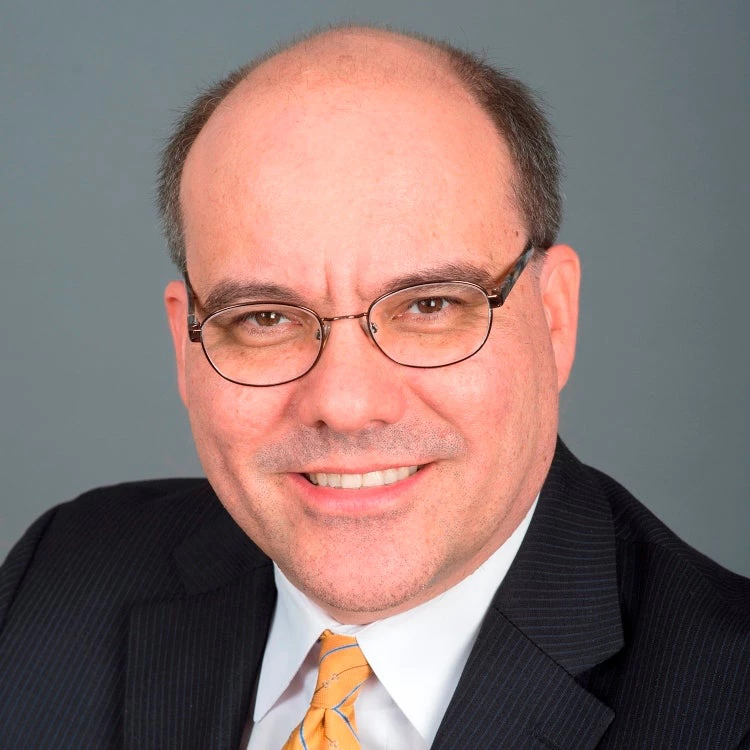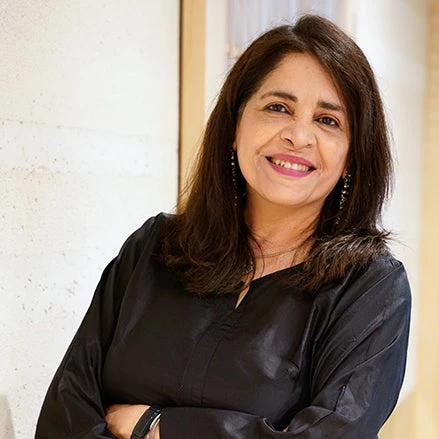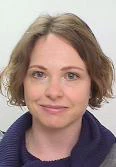 Inclusion matters in Africa: A focus on women and girls
Inclusion matters in Africa: A focus on women and girls
Earlier this year we launched Inclusion Matters in Africa in Nairobi in collaboration with the Kenya National Gender and Equality Commission (NGEC). We could not have hoped for a more informed and enthusiastic audience: more than 100 representatives from government, civil society and the private sector engaged in lively and constructive discussions. The hashtag #InclusionMatters, was among the top 10 trends in the country for most of the day, reflecting just how timely our engagement around inclusion in Africa is.
Why does inclusion matter in Africa? It matters because while African countries have seen impressive gains in poverty reduction and human capital over recent years. not everyone has benefited from progress. With global poverty projected to become increasingly African, rising from 55% in 2015 to 90% in 2030, we need to better understand who is left behind and why.
A focus on inclusion helps identify the groups at greatest risk of being left out from progress in Africa. For example the report shows, based on Demographic and Health Surveys (DHS) from nine countries, that ethnicity matters for wealth outcomes, and that the effects are more pronounced in rural areas and less so in cities and towns. We also know that gender, age, marital status, and disability tend to affect poverty and other human development outcomes.
We believe that the reason the report is getting so much traction is because it brings out the nuances of identity and how it impinges upon inclusion and exclusion. Take the example of young people: half of Africa’s population is under 25 years of age, making it the youngest of all regions. These young men and women are innovators, leaders, entrepreneurs, volunteers, activists, and professionals of various kinds. Sometimes, they are ex-combatants. The report reflects on their diversity, and that the intersection of identities can compound advantage or disadvantage. The extent to which gender, sexual orientation or disability status affect a person’s prospects and outcomes, for instance, vary with their location or socioeconomic status.
The report also shines a light on how gender-based violence, female genital cutting, and child marriage affect inclusion and poverty reduction.
The loudest message in our report is that inclusion can be achieved in Africa. Take the example of legislative change: Africa has implemented the most reforms promoting gender equality of any region globally, with 71 reforms in the last 10 years. Most reforms have been about introducing laws addressing workplace sexual harassment and domestic violence. Mozambique and the Seychelles recently decriminalized same-sex relations. The Botswana Supreme Court ruled in 2017 that the constitution requires the government to legally recognize transgender persons’ gender self-identification.
In Burkina Faso, the government criminalized female genital cutting, trained lawyers, judges, and police, and has supported “community patrols” to raise awareness of the harmful consequences of female genital cutting. These changes came about through the coordinated efforts of governments, non-governmental organizations, communities and external partners.
The World Bank is a partner to African countries in the pursuit of inclusion.
The Environmental and Social Framework (ESF) sets standards of transparency, non-discrimination, participation and accountability systematically to be applied throughout the lending portfolio and is intended help take our engagement on inclusion to the next level.
In its nineteenth replenishment, the International Development Association (IDA19) , committed to continue to address many of the underlying causes of exclusion, from unemployment, fragility, conflict and violence, to gender inequality. IDA19 will also incorporate the inclusion of persons with disabilities as a cross-cutting issue.
Other examples of the World Bank’s engagement on inclusion in Africa include:
- The Sahel Women Empowerment and Demographic Dividend (SWEDD) project, which has empowered women and adolescent girls through access to quality reproductive, child, and maternal health services and working with local partners, including religious leaders.
- In Burundi, the Democratic Republic of Congo, and Rwanda we are supporting the provision of services to mitigate the impacts of sexual and gender-based violence.
- The regional IDA sub-window for refugees and host communities provides $2 billion to help low-income countries host large numbers of refugees (IDA 18).
- The Nigeria For Women Project is providing $100 million to support women’s economic empowerment and in turn address barriers to gender equality.
- IDA18 supports the reintegration of ex-combatants in the Central African Republic and Mali. In Central African Republic, the Bank is contributing to the National Demobilization, Reintegration, and Repatriation (DDRR) Program with IDA $30 million for the socio-economic reintegration of ex-combatants, in Mali with IDA $15 million.
- The Nigeria Agro-Processing, Productivity Enhancement and Livelihood Improvement Support Project ensures that at least 20% of beneficiaries under the Women and Youth Empowerment Program (WYEP) are persons with disabilities and will support farmers with disabilities, including through provision of assistive technologies.
We welcome an ongoing conversation on inclusion in Africa and look forward to comments and suggestions; please share your thoughts by commenting below.





Join the Conversation